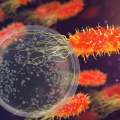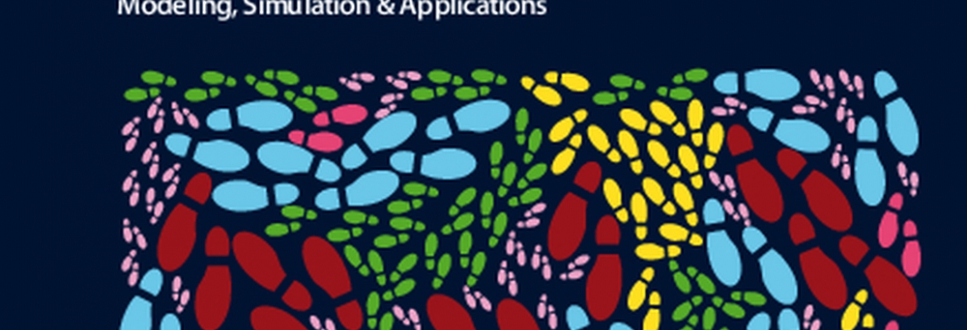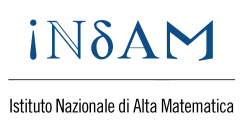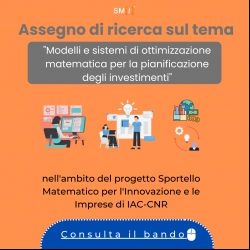
MAGIcIAN: Improving surveillance of AntiMicrobial Resistance (AMR)
IAC is one of the partners of the JPIAMR-project "MAGIcIAN" (Modelling Approaches to Guide Intelligent surveillance for the sustainable Introduction of novel ANtibiotics).
Due to rapidly increasing antimicrobial resistance (AMR) worldwide, our current arsenal of antibiotics is becoming less and less effective in treating bacterial infections. After new antibiotics are introduced, bacteria quickly develop resistance against them. As a result, the return on investment in new antibiotics is minimal and their supply is scarce.
The current COVID-19 pandemic, paired with the alarming growth of AMR, intensifies the lack of funding and prioritization of AMR on the public health agenda. There are fewer funds available for AMR surveillance and antibiotics use is on the rise, as they are frequently used in COVID-19 patients to prevent or to treat secondary bacterial infections. These developments have made our work more relevant than ever.
The return on investment of introducing new antibiotics is low because resistance develops at a fast pace. Consequently, new antibiotics are scarce. Without these vital remedies to treat highly resistant bacterial strains, we may be faced with untreatable infections endangering peoples’ lives. Therefore, introducing new antibiotics in a sustainable way by means of surveillance is crucial to extend their effectiveness and length of use.
A sustainable introduction is only possible if it is accompanied by timely and well-informed surveillance of resistance. This requires substantial financial and material investments in addition to investments in expertise and infrastructure. However, resources are particularly limited in low- and middle-income countries. Affordable and efficient alternative methods are urgently needed to understand the scope of the problem of antimicrobial resistance on a national and local level. The MAGIcIAN project aims to meet that need.
The MAGIcIAN consortium will develop models and methods to prioritize surveillance activities globally. Firstly, we aim to link existing information on AMR at national and sub-national levels to various socio-economic, demographic, geographical, and climate data sets using statistical analyses and machine learning algorithms. This will allow us to find patterns, trends, and correlations that will, in turn, allow for a better understanding of the magnitude of the antibiotic resistance problem in low- and middle-income countries and regions with no or limited data.
Secondly, we will use data from reference laboratories in the Netherlands, Spain, and England, to investigate the local spread of sensitive and resistant gonococci. So-called within-host models - describing resistance development in the patient's body - will be linked to between-host models - describing their transmission and distribution in the local population. By linking the two, we will provide timely and good surveillance strategies adapted to local needs.
Finally, we will apply all the models, methods, and data to the specific case of zoliflodacin. This is a new antibiotic for the treatment of infections with (multi-drug) resistant gonococci, which is currently the subject of a clinical phase III study in, among others, Amsterdam. These tools will provide actionable data to optimize the introduction strategies for zoliflodacin and to support surveillance of resistance to it. The knowledge and tools generated will likely also be applicable to new antibiotics.
PRINCIPAL INVESTIGATOR: FILIPPO CASTIGLIONE
PARTECIPANTS: PAOLA STOLFI, BARBARA DE FILIPPO,
RESEARCH LINE: Bioinformatica e biologia computazionale (Bioinformatics and Computational Biology)
START DATE: 2020-12-01
END DATE: 2023-11-30
FUNDING: Joint Programming Initiative on Antimicrobial resistance (JPIAMR)
CONTACTS:
Per ulteriori informazioni è possibile contattare Filippo Castiglione.
LINK: http://www.magician-amr.eu












